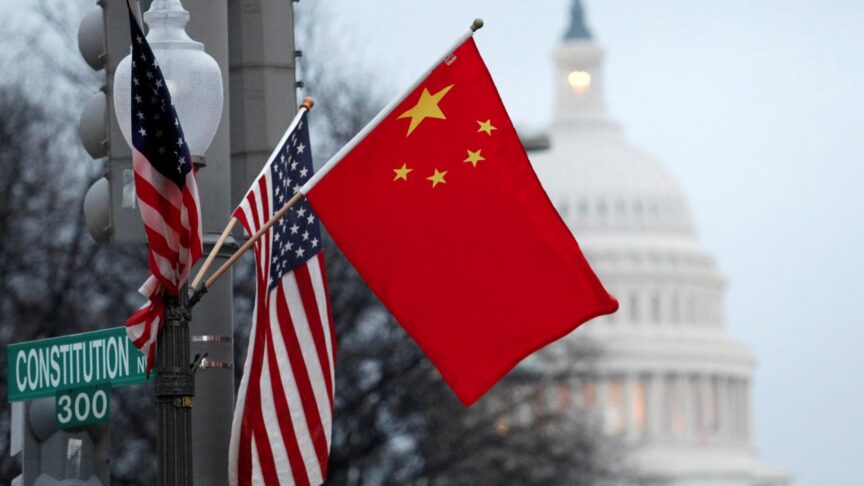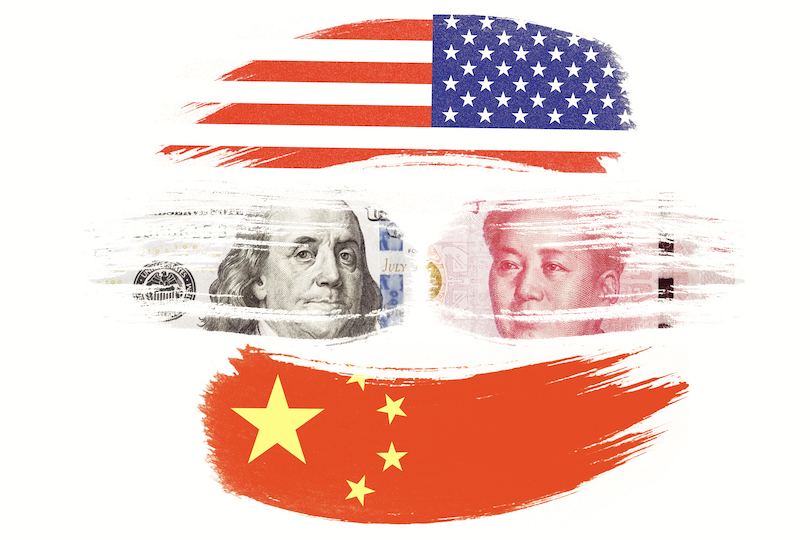China-U.S. Relations In The Wake Of U.S. National Defense Strategy 2022

The Pentagon finally unveiled its anticipated 2022 National Defense Strategy (NDS) along with the Nuclear Posture Review (NPR) and Missile Defense Review (MDR) on October 27, 2022. According to the Pentagon’s announced National Defense Strategy, China continues to pose the biggest threat to American national security interests while Russia continues to pose an “acute” threat as a result of the war in Ukraine. Currently, the People’s Republic of China (PRC) is the United States “most relevant strategic competitor for the future decades,” according to the National Defense Strategy. The NDS report is prepared every four years, to identify threats to the U.S. so that the Department of Defense has a long-term direction regarding the challenges. Four top-level defense priorities are made in the 2022 National Defense Strategy for the United States to pursue in order to improve deterrence including, deterring strategic attacks against the United States, Allies, and partners. Secondly, Washington will defend the homeland in view of growing multi-domain threat posed by the People’s Republic of China (PRC). Thirdly, deterring aggression while being ready to win out in conflict when necessary, prioritizing the PRC challenge in the Indo-Pacific region over the Russian challenge in Europe. Lastly, the U.S. will build a resilient Joint Force and defense ecosystem.
 The NDS assessment came out two weeks after the White House published a National Security Strategy of a similar nature that also characterized China as “the only competitor with both the intent to reshape the international order and, increasingly, the economic, diplomatic, military, and technological power to do it.” Beijing criticized the U.S. strategy for relations with China in response to the National Security Strategy released earlier, urging Washington to embrace “win-win collaboration.” It is being said that hard talk on China may result in a strong response from Beijing and will have practical repercussions. In past years, both the countries have adopted the policies to counter each other’s influence in the world politics. The relations between Beijing and Washington have deteriorated recently due to a number of causes of contention, such as trade disputes, Taiwan’s legal status, territorial disputes in the South China Sea, and the US ongoing concerns against China’s expanding influence in the Indo-Pacific. Most recently, the export restrictions on Chinese tech firms by Washington, Beijing’s did not denounce Russia’s conflict in Ukraine, and military tensions in the Taiwan as a result of Nancy Pelosi’s visit to Taipei are some other factors that have contributed in strained ties. The Biden administration views China as the “most consequential geopolitical challenge”. The power competition between the two super will define the international order in coming decade. Despite Russia’s involvement in the Ukraine conflict, China poses the biggest security threat to the U.S., how the United States will respond to the situation in the future will depend on the nature of threat.
The NDS assessment came out two weeks after the White House published a National Security Strategy of a similar nature that also characterized China as “the only competitor with both the intent to reshape the international order and, increasingly, the economic, diplomatic, military, and technological power to do it.” Beijing criticized the U.S. strategy for relations with China in response to the National Security Strategy released earlier, urging Washington to embrace “win-win collaboration.” It is being said that hard talk on China may result in a strong response from Beijing and will have practical repercussions. In past years, both the countries have adopted the policies to counter each other’s influence in the world politics. The relations between Beijing and Washington have deteriorated recently due to a number of causes of contention, such as trade disputes, Taiwan’s legal status, territorial disputes in the South China Sea, and the US ongoing concerns against China’s expanding influence in the Indo-Pacific. Most recently, the export restrictions on Chinese tech firms by Washington, Beijing’s did not denounce Russia’s conflict in Ukraine, and military tensions in the Taiwan as a result of Nancy Pelosi’s visit to Taipei are some other factors that have contributed in strained ties. The Biden administration views China as the “most consequential geopolitical challenge”. The power competition between the two super will define the international order in coming decade. Despite Russia’s involvement in the Ukraine conflict, China poses the biggest security threat to the U.S., how the United States will respond to the situation in the future will depend on the nature of threat.

On the other hand, in his first statement to the United States following the historic election of his third term as the leader of China, Chinese President Xi Jinping stated that China is prepared to find the “right way” to cooperate with the U.S. and that he wants to see bilateral relations resume “sound and steady development.” In his statement, Xi expressed his hope that “the National Committee and all those who care about and support China-US relations will continue to play an active role and assist restore the bilateral relations back to the course of sound and steady growth.” According to Biden, both the nations have a crucial role to play in resolving the challenges of the twenty-first century. He said “These challenges know no boundaries and will require the broader international community to come together and for each of us to do our part in building a safe, peaceful and resilient future.” This statement coming from Biden is a good move that needs to be followed. Therefore, both the presidents of the United States and China should understand the significance of communication, improving relations and collaboration between the two nations which will allow coordination on shared challenges. Also, the two countries should consider the severity and seriousness of the Ukraine war and play their part in order to protect humanity and the world from nuclear collision. By doing so, the two countries will bring stability and decrease the current state of chaos in the world which has resulted in numerous fatalities, economic crisis, instability, and the disturbance of international peace.